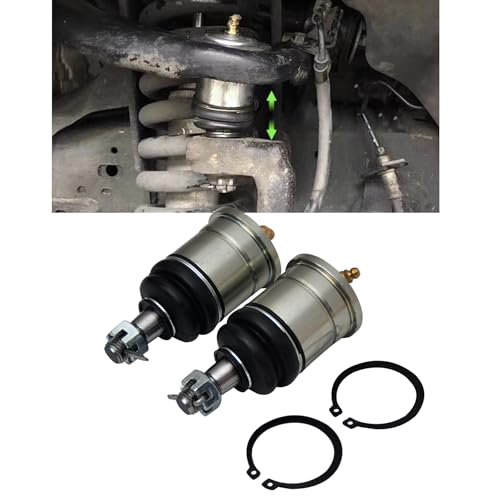Okay, it is possible for the battery to lose power quickly by itself - it's called sulphation, and it usually happens if a battery is allowed to discharge too much. The lower the state of charge, the faster the sulphation progresses.
Here's what I would do to test it. You will need to write down your tripmeter values if you use those for recording fuel economy, and you will need your radio PIN.
1) Get home, turn off the car, disconnect the negative battery lead.
2) 30 minutes later, use a multimeter and measure the power in the battery, write this and the time down.
3) In the morning, measure the battery voltage and note down the time.
If you have more than about 0.1V to 0.2V variation then there's a good chance you have a serious problem with the battery. At this point you could find someone with a C-Tek charger and ask them if they'll do a "Recycle" charge cycle on your battery for you - generally get good results if the battery isn't too bad. Otherwise, it's battery replacement time.
If your battery hasn't dropped more than 0.2V, you still have a 'leak' somewhere, and you should try this:
1) Disconnect the battery again
2) Insert an ammeter between the battery and the negative lead
3) Look at the current being drawn
4) Start pulling fuses and note which fuse lowers the current draw.
Good luck!
























